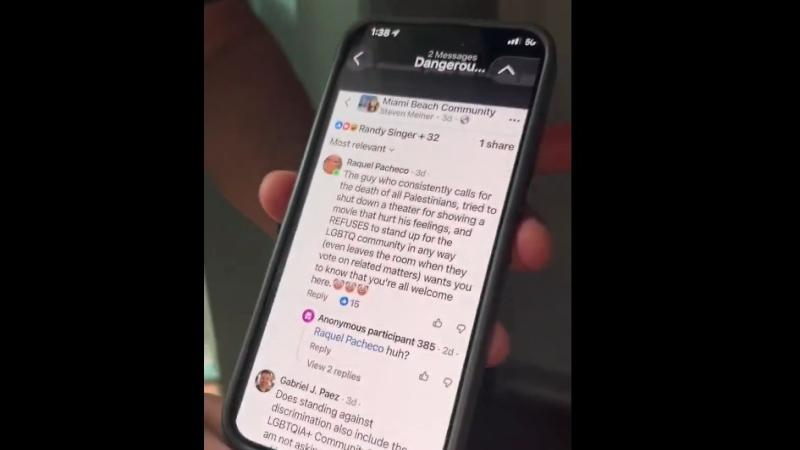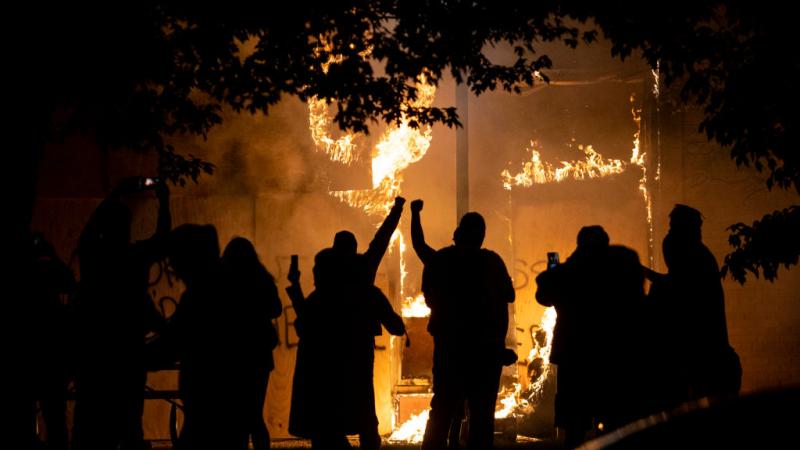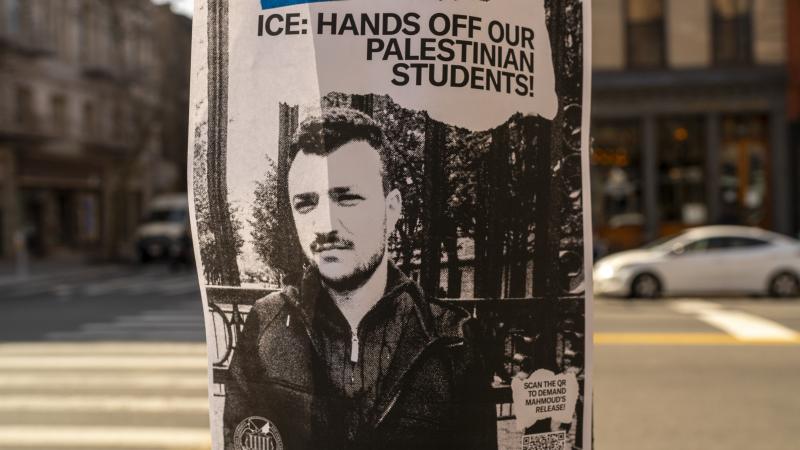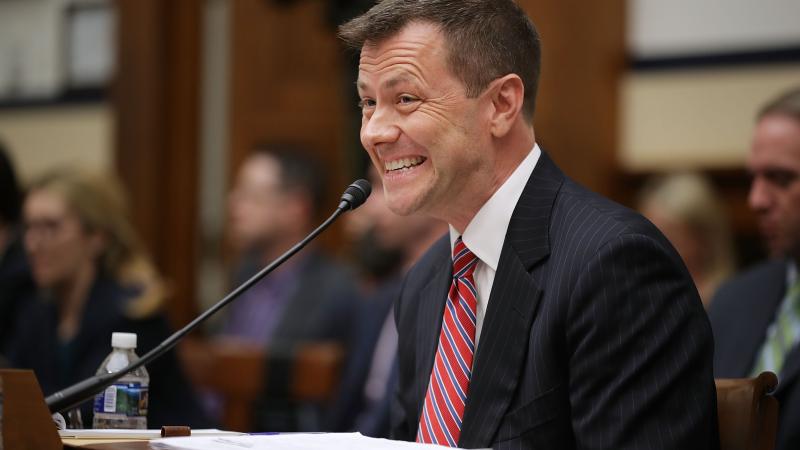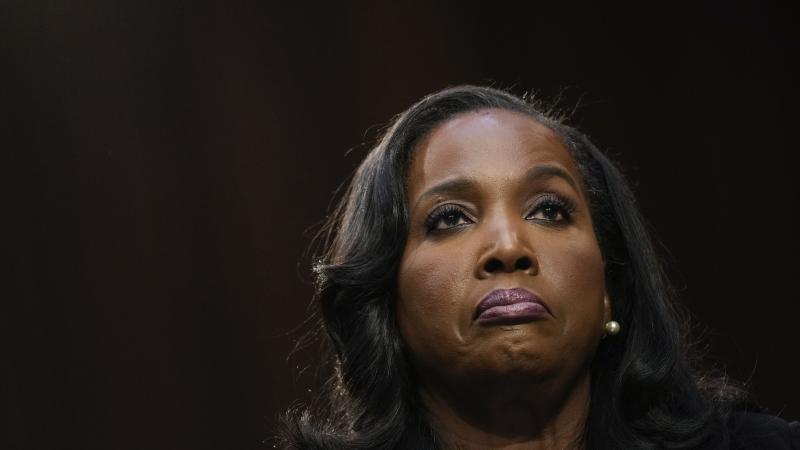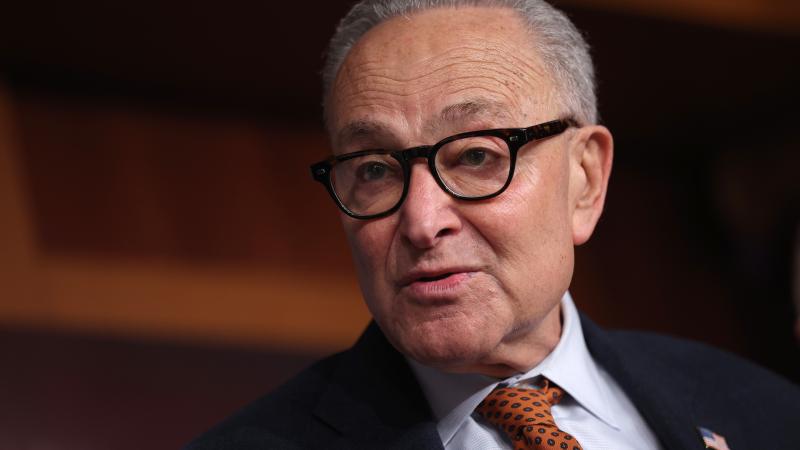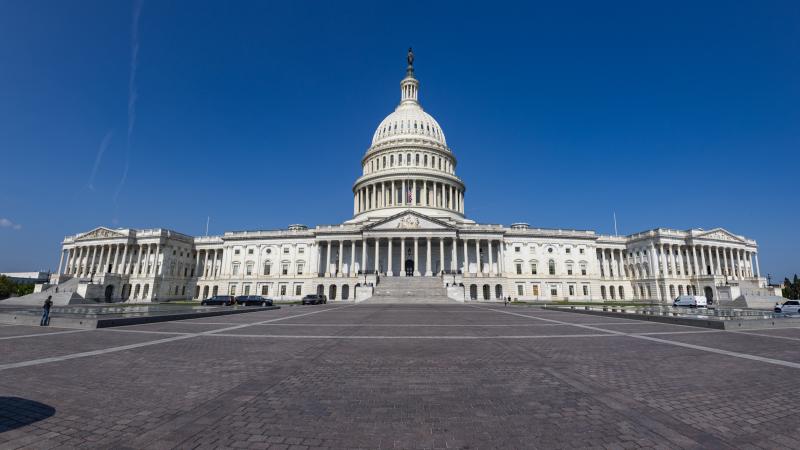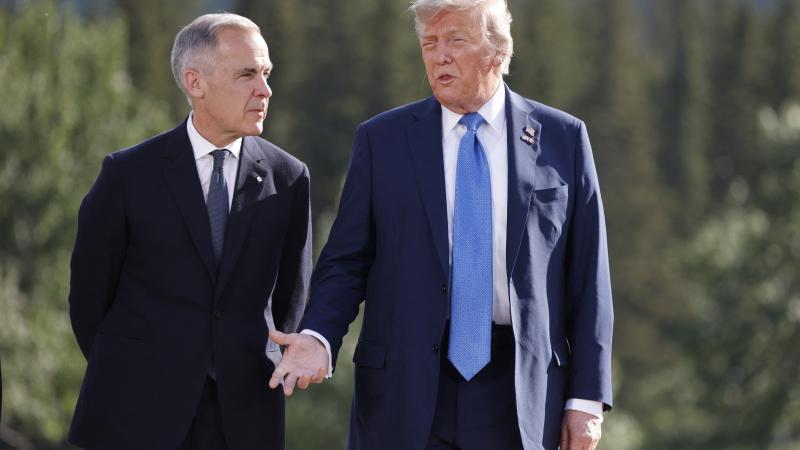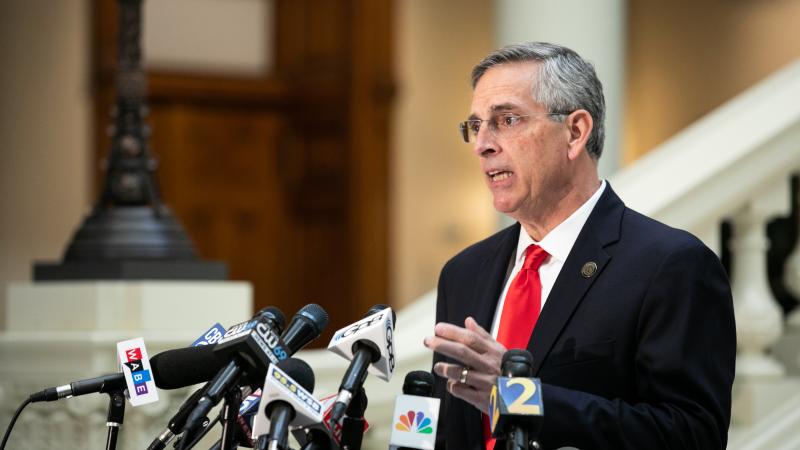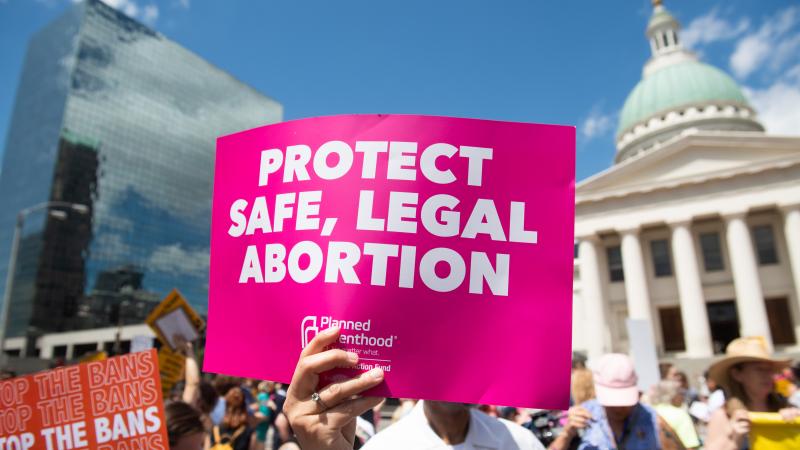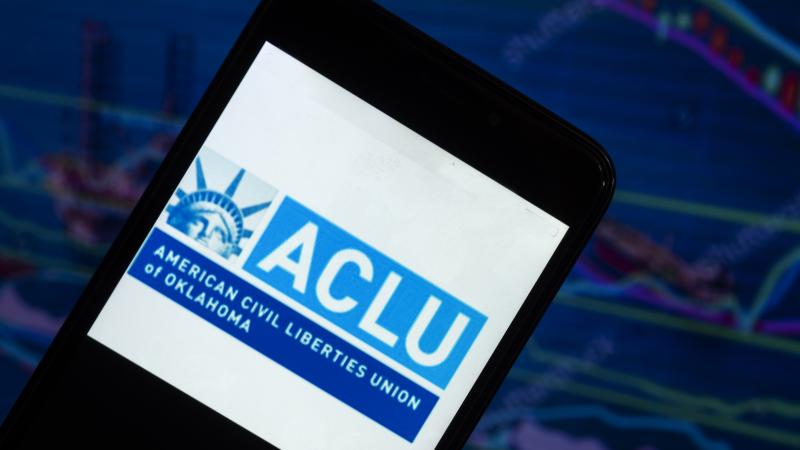Student support for violence, bans on 'controversial' speech hits 'record highs' in annual survey
Tolerance for violence to stop a campus speech, "at least rarely," jumps 10 percentage points in four years. Most students would block even extremely liberal speakers. Med school accreditor ditches DEI requirements, DEI office.
College students are growing more tolerant of using force to stop viewpoints they dislike, and less tolerant of campus visitors with viewpoints at either end of the political spectrum, according to an annual survey of nearly 70,000 students by the Foundation for Individual Rights and Expression and College Pulse.
More than a third of students would "at least rarely" accept the use of violence to stop a campus speech (34%), 10 percentage points higher than its 2021 survey, while majorities would block other students from attending such a speech (54% versus 41% in 2021) and shout down a speaker (71% from 66%), all "record highs."
"For the first time ever" since it started the surveys, expanding from 55 campuses in 2020 to 257 in this report, most students say their schools should block speakers who hold any of six views associated with the left or right on hot-button cultural issues, FIRE said Tuesday.
The view they are most willing to tolerate is "Children should be able to transition [identify as the opposite sex, socially or medically] without parental consent," the only one of the six to command a majority in last year's report. This year it's 49%.
The least likely to be tolerated: "Black Lives Matter is a hate group," at 24%. The others: "Transgender people have a mental disorder" (25%), "The Catholic Church is a pedophilic institution" and "The police are just as racist as the Ku Klux Klan" (both 38%), and "Abortion should be completely illegal" (40%). Each fell several points from last year.
"The Israeli-Palestinian conflict" is the only subject most students have "difficulty discussing" (53%), with abortion (46%), the 2024 election (42%) and "transgender rights" (41%) the only others to crack 40%.
"Rather than hearing out and then responding to an ideological opponent, both liberal and conservative college students are retreating from the encounter entirely," harming their "ability to think critically and creat[ing] rifts between them," FIRE President Greg Lukianoff said.
The survey results accompany FIRE's 2026 College Free Speech Rankings, intended to help next year's college-bound students and their families choose a school, which show some surprising movement among campuses from last year's report.
California's Claremont McKenna College, which sits on the eastern edge of Los Angeles County, secured the top spot for the second time in six years, driven by its top-10 placement in "nearly every student survey component," including No. 2 on "student perceptions of administrative support for free speech."
Two-thirds of students say it's "very" or "extremely" clear the administration protects free speech, though a bare majority is just as confident that "administrators would defend a speaker’s rights during a campus controversy."
Vanderbilt jumped to No. 7 from 140, having already adopted FIRE-recommended institutional neutrality and the so-called Chicago Principles for free speech, but also due to more students saying "they can have an open and honest conversation" about the most polarizing topics, from abortion and climate change to hate speech and even Israel-Palestine.
Harvard University, a top funding target of the Trump administration for alleged tolerance of antisemitism, ranked dead last in the previous two reports but moved up to 245 among 257 this year. Several gains are offset by its low ranking for "tolerance difference" (179) — students are "significantly more comfortable with liberal speakers than conservative ones."
Similar divergences hold at Dartmouth and Yale, which skyrocketed to Nos. 35 and 58 from 224 and 155, respectively, and Columbia, which remains second-to-last this year.
FIRE cited Dartmouth achieving its highest speech rating, the only school in the Ivy League to do so, and adopting institutional neutrality, while its students show stunning tolerance for "controversial conservative speakers" (No. 2).
Yale, by contrast, is No. 2 for "controversial liberal speakers," No. 21 for controversial conservatives and just behind Dartmouth (No. 2) for "mean tolerance" (No. 3).
Columbia's sibling women's college Barnard is last this year, with the lowest score FIRE has ever recorded for perceived administrative support. It's also last in "comfort expressing ideas," 249 in "self-censorship" and 246 on tolerance difference, ranking No. 15 for controversial liberal speakers but only 226 for controversial conservatives.
Administrators' crackdowns on the anti-Israel protests that rocked the New York City campuses, which also targeted student journalists, played a major role in their rankings, though Columbia was also dinged for a "discriminatory harassment" investigation against a doctoral student for social media posts critical of gender ideology.
Only the introduction to the rankings mentions the Trump administration's worsening of "an already volatile climate for campus expression," through its scrutiny of diversity, equity and inclusion programs, protest rights, "boundaries of acceptable campus discourse," antisemitism investigations and executive orders against funding "ideologically hostile" schools.
The bombastic president is the focus of The Chronicle of Higher Education's report on the rankings, however. The trade publication interrogated FIRE on how its rankings have been "weaponized by politicians," citing their floated use in National Institutes of Health funding decisions and actual invocation at congressional campus antisemitism hearings.
DEI does indeed appear to be on the retreat or at least in rebranding in recent months.
Clemson ended several diversity-related faculty and staff commissions soon after they were targeted in a Heritage Foundation report. Staff for Alabama public universities admitted in undercover videos by Accuracy in Media they were seeking to circumvent the state's DEI ban, including by relabeling descriptions.
The Accreditation Council for Graduate Medical Education told its community Sept. 5 that it had ended "DEI-specific accreditation requirements" and closed its Department of DEI in response to anti-DEI executive orders and a proposed rule from the Centers for Medicare and Medicaid, according to an email obtained by medical advocacy group Do No Harm.
The new requirements scrub the diversity references from the old ones and the DEI page has disappeared, Do No Harm noted. It has repeatedly hammered medical schools and their accreditors for allegedly discriminatory practices rooted in DEI, ratcheting up the pressure in spring and summer reports this year.
The upstart University of Austin, which institutionally opposes DEI and enrolled its first class last year, received "candidate status" from its accreditor this week, though it won't receive accreditation until at least 2028. Critics jeered its founding four years ago.
The Facts Inside Our Reporter's Notebook
Links
- FIRE said Tuesday
- 2026 College Free Speech Rankings
- last year's report
- top funding target
- the only school in the Ivy League to do so
- "discriminatory harassment" investigation
- The Chronicle of Higher Education'
- Clemson ended several diversity-related
- Heritage Foundation report
- undercover videos by Accuracy in Media
- ended "DEI-specific accreditation requirements"
- email obtained by medical advocacy group Do No Harm
- new requirements
- old ones
- DEI page
- repeatedly hammered medical schools
- discriminatory practices rooted in DEI
- spring
- summer reports
- institutionally opposes DEI and enrolled its first class
- "candidate status" from its accreditor
- Critics jeered its founding four years ago
